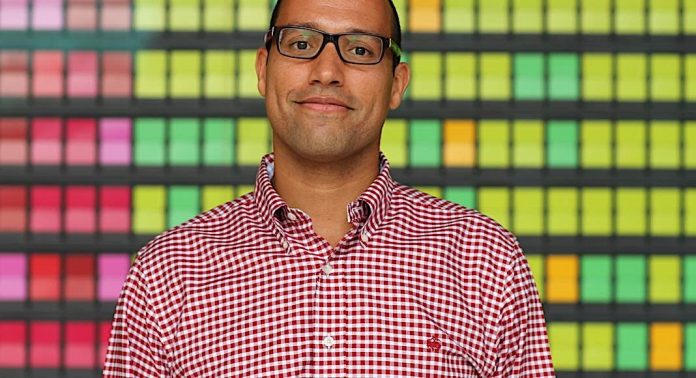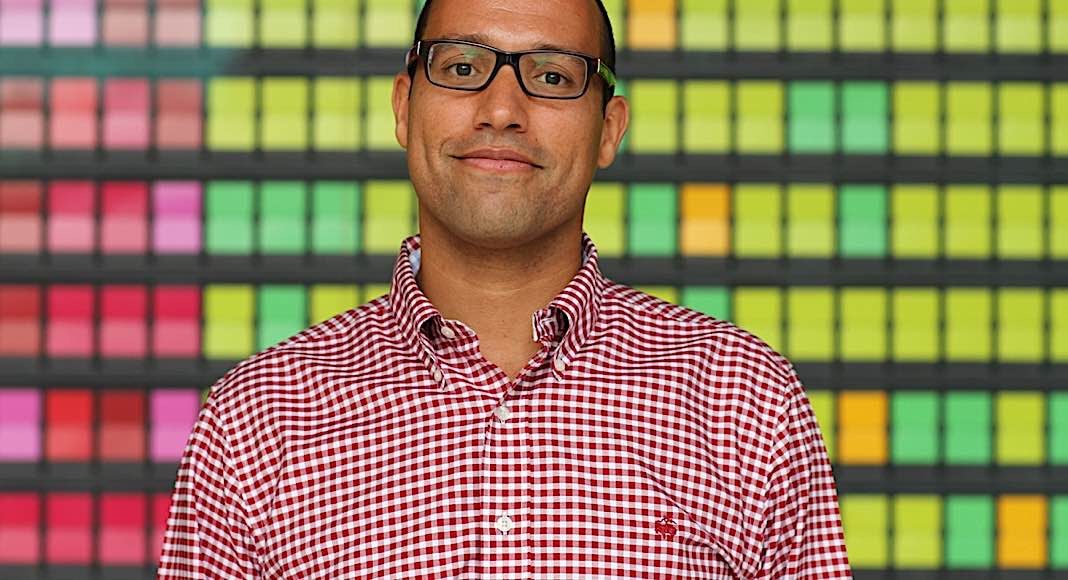
When he co-founded Tech Adaptika last December, Hosni Zaouali was playing for the long term: a bet on the digital revolution in education, with a horizon of at least ten years. But that was in December. Since the coronavirus has appeared and the entrepreneur does not sleep much anymore.
“We have multiplied the number of customers by 10; our workforce has grown from a handful to nearly 50 people… ” tells the Franco-Tunisian, now based in Toronto and San Francisco. This is because Tech Adaptika’s offer is timely for American universities, desperately looking for solutions for distance education. “The Covid has changed everything, observes Hosni Zaouali. The universities first transferred their courses online when they had to close the campuses in March, before realizing that it didn’t work: emotionally it’s exhausting to watch someone in Zoom… Suddenly, they came to see us to find solutions to really reimagine their offer ”.
Because Tech Adaptika’s project is to offer a real “virtual campus” that allows students to reproduce the benefits of campus life online: collaborative work, meetings with teachers and students, events, etc. “It is the marriage of virtual reality and a“learning management system ””. More than a platform, Tech Adaptika wants to sell its expertise in “online behavior”: “We analyzed the emotions of teachers and students online and found that Zooms and Skype are too one-sided (we only listen); our virtual campuses therefore aim to increase the number of points of contact ”.
If American universities and large companies – all of which want to create virtual campuses for their internal training – have become the focus of Tech Adaptika, this was not necessarily Hosni Zaouali’s goal at the start. Convinced that “Education can change the world”, he aimed first at Africa, drawing on his previous experience on the continent, where he created virtual schools. An experience that then led him to work for Stanford University, where he had studied and which called him back in 2018 to become a consultant and set up a “Executive program” online. “Africa remains a medium-term goal, but the Covid has changed things in the short term. There are a lot of opportunities here (in North America) and the objective now is to grow rapidly to accompany the important changes which will take place in higher education ”. Already profitable, the company wants to bring in investors to boost its growth “and quickly reach 3,000 employees ”.
The market, he says, is considerable: “A university like Stanford has 7,000 students in“undergrad ”; online they can grow much more, attract students from all over the world, and this is the case with all top universities. For others, a period of uncertainty begins, with students increasingly unwilling to pay considerable sums, especially to be online – these will lose up to 30% of their students if they do not. not adapt their virtual offer. The Covid will be a formidable accelerator of change, to which we want to contribute ”.









